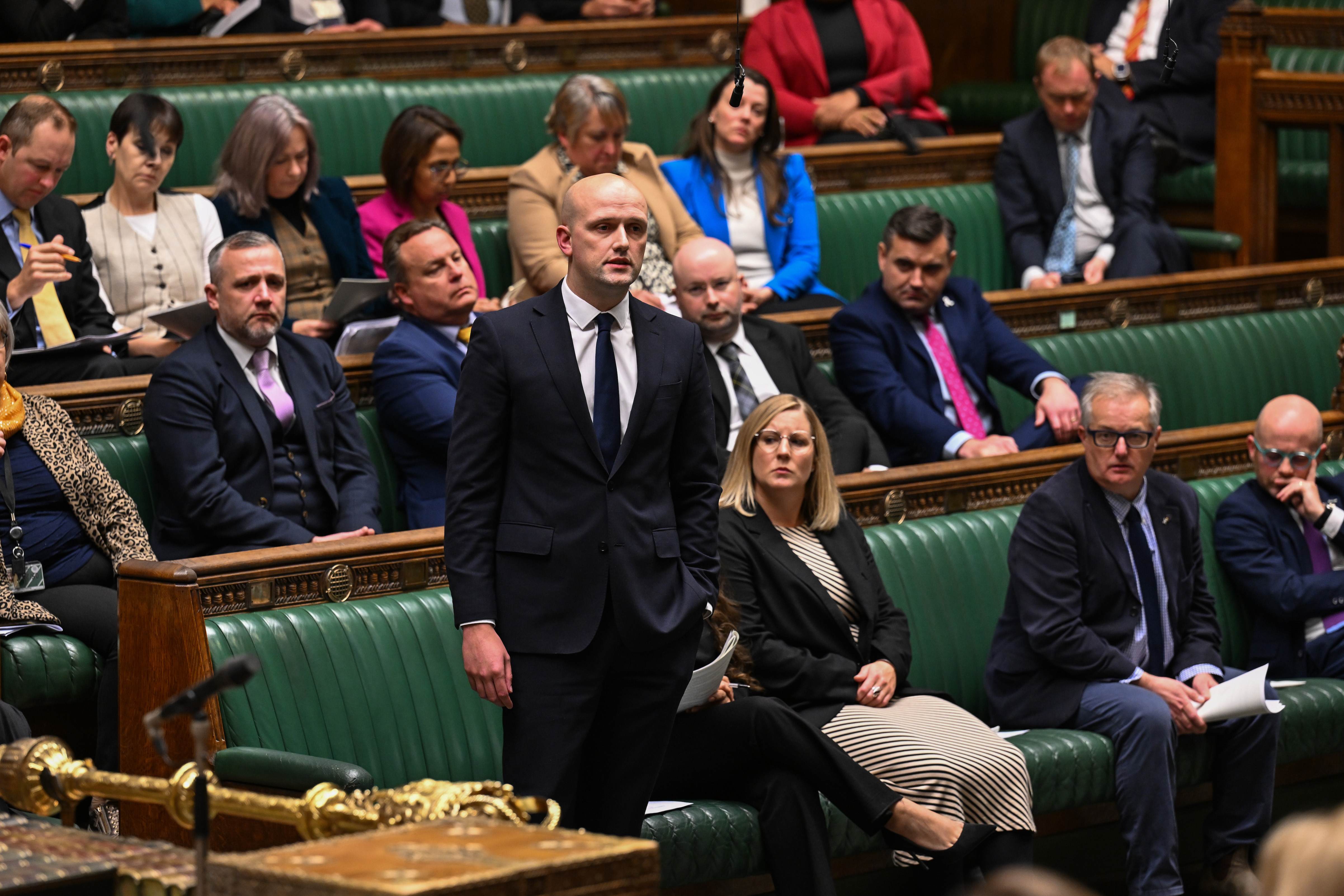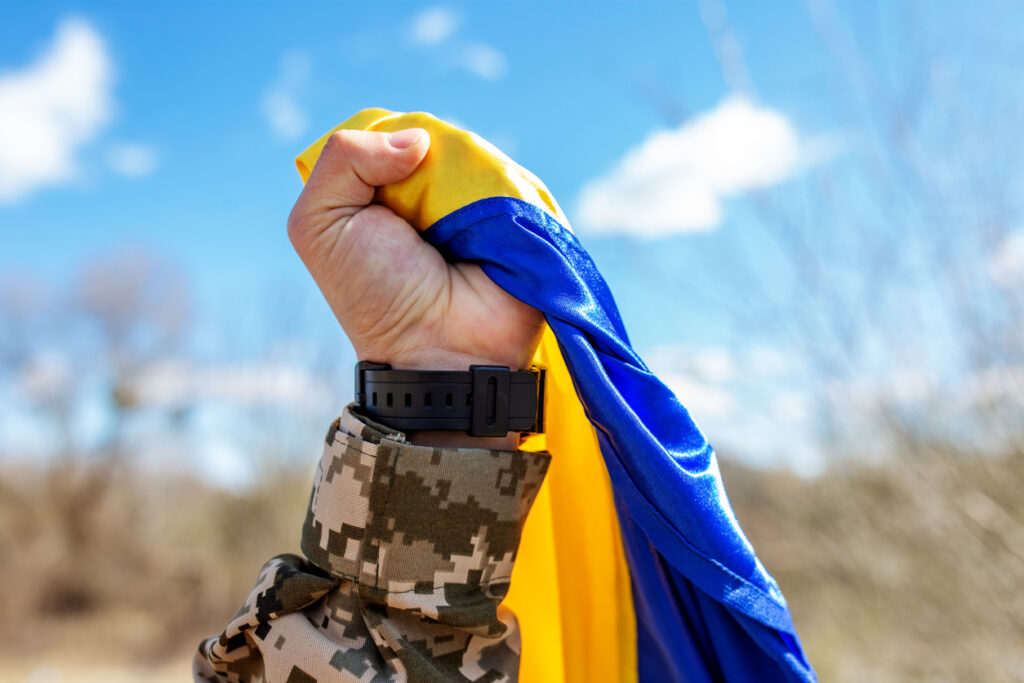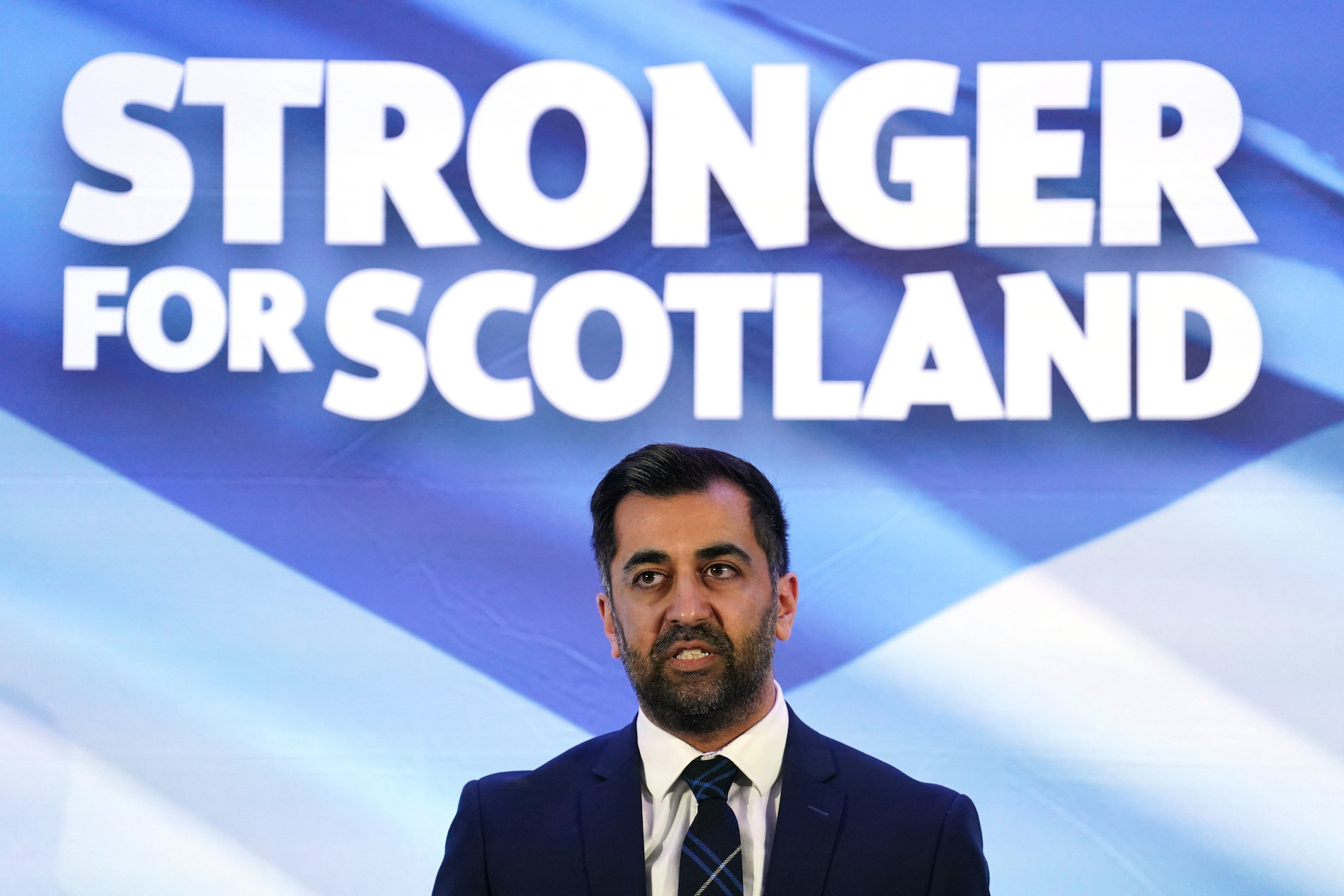What does extradition mean?
Extradition is the internationally recognised cooperative law enforcement process by which one country hands over a fugitive to another country, where that person has been accused or convicted of a crime.
The process helps nations to co-operate in tracking down criminals.
Extradition is governed in international law by both bilateral and multilateral treaties as well as specific laws within each country. Some countries have very tight rules; for example, Germany only allows the extradition of its own citizens to other EU states or international courts.
The European Union has a unique system which makes it fast for one member state to send a criminal to another, to face trial based on European Arrest Warrants (EAWs). The UK left this system on 1st January 2021 at the end of the Brexit transition period.



Extradition arrangements in the UK have changed post Brexit.
How extradition works in the UK
When the UK wants to extradite someone
Outgoing extradition requests to countries (other than those not covered by the scope of the 2003 Extradition Act) are made under the royal prerogative.
The UK Central Authority (UKCA) at the Home Office forwards extradition requests that have been prepared by the prosecuting authorities in England and Wales and Northern Ireland to the requested state through normal diplomatic channels.
When other countries want to extradite someone from the UK
Once a designated certificate from another country has been authorised (often by the National Criminal Agency), a requested person is brought to Westminster Magistrates’ Court, where all extradition proceedings in England & Wales are conducted.
Bail in extradition cases is decided in the same way as normal criminal cases. Those involved in an extradition hearing can sometimes access legal aid.
If the requested person does not consent to extradition, the court will normally need to consider whether:
• The conduct described in the warrant amounts to an extradition offence.
• If any of the statutory bars to extradition apply.
• If there is prima facie evidence of guilt (if applicable).
• If extradition would be disproportionate or would be incompatible with the requested person’s human rights.
If the judge finds that any of the bars to extradition apply, the requested person must be discharged, and cannot be extradited.
Even if the UK has no extradition arrangement with a particular territory, it may still be possible for an extradition request to be made. A requesting territory makes its request to the UK Central Authority. The Secretary of State at the Home Office then decides whether to enter into ‘special extradition arrangements’.
History of extradition law in the UK
Early Years
One of the earliest recorded cases of extradition within Britain dates back to 1591 when an Irish nobleman and rebel Brian O’Rourke fled to Scotland. Queen Elizabeth I demanded that O’Rourke be transferred from Scotland to England and she used the 1586 Treaty of Berwick to secure O’Rourke’s custody. He was executed at Tyburn on the 3rd November 1591.
The first Anglo-American extradition agreement appears as a clause within the 1794 Jay Treaty. This was replaced in 1842 by the Webster-Ashburton Treaty.
The Extradition Act 1870 was the first modern extradition statute. It provided for the extradition of two classes of what the Act called ‘fugitive criminals’. It contained a list of offences (such as murder, manslaughter, rape, larceny) in respect of which extradition was possible.
Recent Years
The 1989 Extradition Act assembled the incremental changes made to the first Extradition Act since 1870.
In 2000, the then Home Secretary Jack Straw, commissioned an all round review of the UK’s extradition arrangements which reported in March 2001, six months before the World Trade centre bombings. The resulting overhaul of extradition arrangements was passed through Parliament in 2003 in the form of a new Extradition Act.
In May 2019, the first hearing was held in London into the U.S. request for the request for the extradition of the wikileaks founder, Julian Assange. Assange has been wanted person in the US on grounds of his conspiring to hack into US military databases to acquire sensitive secret information and then to subsequently publish it on his wikileaks website.
On 4 January 2021, British Judge Baraitser ruled that Assange could not be extradited to the United States, citing concerns about his mental health and the risk of suicide in a US prison. The UK has historically blocked a number of extraditions to the US on human-rights grounds.
In January 2020, the US turned down an extradition request from the UK for Anne Sacoolas who was accused of causing the death of teenage motorcyclist Harry Dunn. The US argued that Sacoolas had diplomatic immunity from prosecution for a crime overseas as the wife of a US agent working in the UK.
Extradition post Brexit
Following the end of its transition period in leaving the European Union (31st December 2020), the UK stopped being subject to the European Arrest Warrant. The impact of the loss of the European Arrest Warrant, so to facilitate extradition between the UK and another EU member state, raised concern among law enforcement agencies.
Prior to the invention of the European Arrest Warrant fewer than 60 people a year were extradited, yet after the system came into force there were 1,865 extradition requests, rising to 15,540 in 2018/19.
A new agreement between the UK and the European Union (EU) which allows for streamlined extradition warrant-based arrangements to another EU country (similar to the EU’s agreements with Norway and Iceland) came into effect on 1 January 2021. The government has repeatedly stated that it remains ‘committed to seeking a balanced and reciprocal agreement in this area’.
Controversies
Much controversy surrounds the UK’s extradition arrangements.
The Extradition Act 2003 introduced four tiers of extradition countries, dispensing with the prima facie test for a group of tier two countries . This created controversy and introduced changes to the UK’s treaties.
Critics claim that the 2003 Extradition Treaty is unbalanced and unfair by no longer requiring US extradition requests to prove a prime facie extradition case. A prima facie case is a screen for a court to determine whether the prosecution can go forward to try the defendant fully for the crime. This is said to be unbalanced and unfair.
Critics allege that the UK was manipulated into, or simply badly negotiated, its current extradition treaty arrangements with the US, doing so in the wake of the changed security situation following 9/11 terrorist attacks in 2001.
In 2010, then-Home Secretary Theresa May commissioned a review of the 2003 Extradition Act. Presented in 2011, the ‘Sir Scott Baker report’ found that ‘some of the criticism directed at the Extradition Act 2003 was based on a misunderstanding of how the 2003 Act operates in practice’.
However, former Home Secretary David Blunkett, who negotiated the treaty, told the Commons Home Affairs Committee in November 2010 that ‘…the theory of what we signed could have been improved’.
The most recent extradition controversy surrounds that of the wikileaks founder, Julian Assange. The United States has sought to extradite Assange on grounds of violating their 1917 espionage act. Initially a UK District Judge, ruled against the US request suggesting it would be ‘oppressive’ given concerns over Assange’s mental health. However this decision was later overturned by the High Court in London, with the United Kingdom Supreme Court refusing Mr Assange permission to appeal in March 2022.
Quotes
‘If it is not a terrorist case, a violent offense, you should not be extradited for a political offense’
– Edward Fitzgerald, Julian Assange’s lawyer, 2020
‘I do think there are elements of that [US-UK extradition] relationship that are imbalanced and I certainly think that it is worth looking at’ – Boris Johnson, UK parliament, 2020


























